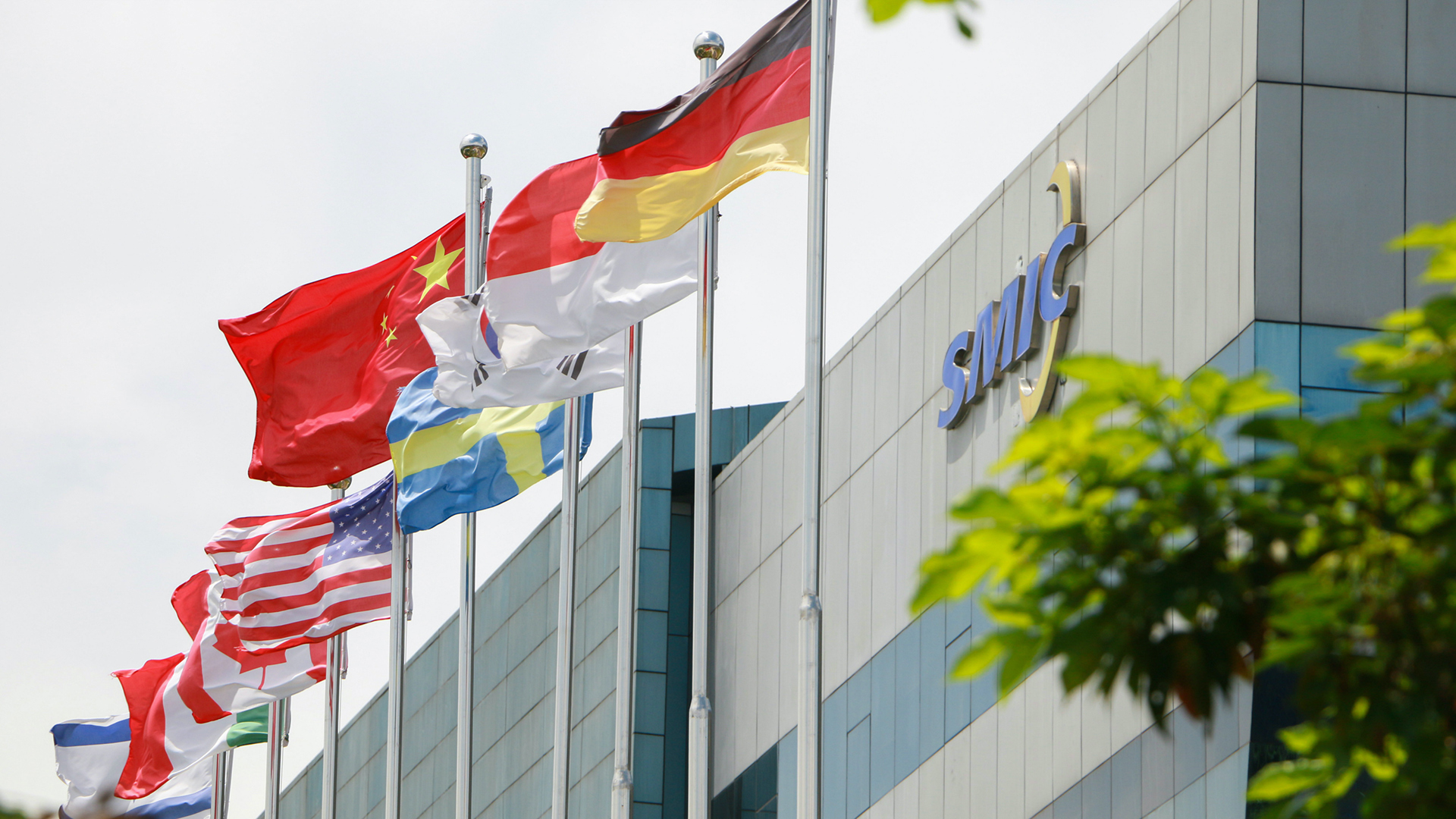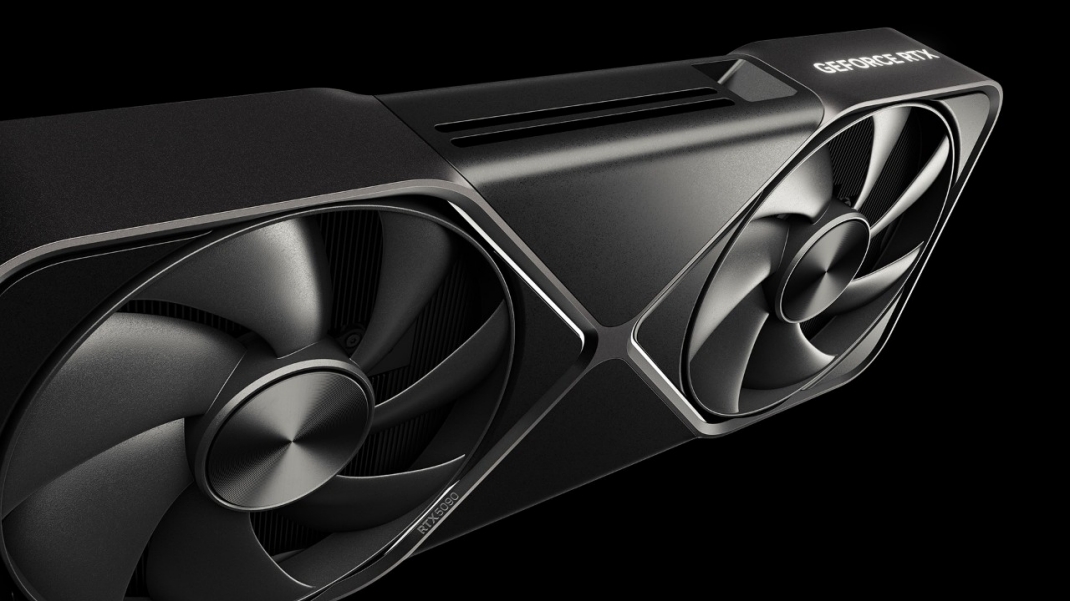
Although the U.S. government has imposed strict restrictions on Huawei and Semiconductor Manufacturing International Corp. (SMIC), the former can still access leading-edge process technologies, and the latter can obtain advanced production tools. Michael McCaul (R, TX), who chairs the House Foreign Affairs Committee, is calling on the U.S. Commerce Department to investigate SMIC’s potential production of chips for Huawei and its violation of the U.S. export controls, reports Reuters.
McCaul urged the Bureau of Industry and Security (BIS) within the Commerce Department to visit SMIC’s fabs. He suggested that SMIC may be aiding Huawei in evading U.S. export restrictions, a concern shared across both parties, and emphasized the importance of more stringent enforcement of trade controls.
McCaul called into question SMIC’s recent achievements, such as making Huawei’s HiSilicon Kirin 9000S application processors for smartphones and HiSilicon Ascend 9000B processor for AI applications on N+2 manufacturing technology (7nm-class), along with the Ascend 910C made on SMIC’s N+3 fabrication technology (6nm-class). He deduces that these advances clearly indicate that SMIC continues to advance its process technologies in a potential violation of U.S. export laws.
The U.S. export controls imposed in 2022 require makers of fab tools to obtain an export license on equipment that could be used to make FinFET-based chips on 14nm/16nm-class process technologies. However, this only applies to fabs that can already make semiconductors on the said production nodes. As result, these restrictions are sidestepped by channeling advanced fab equipment to unrestricted fabs that formally do not support sophisticated process technologies. Policies set during the Trump administration allowed U.S. exporters to obtain licenses to sell certain products to Huawei and SMIC, enabling billions of dollars in sales, but also opening doors to circumventing restrictions.
Back in October it was revealed that SMIC has both an unrestricted legacy fab and a restricted advanced logic fab, connected by a wafer bridge allowing wafers to move between the two. This interconnection essentially makes the fabs function as a single facility, enabling SMIC to produce advanced processors, such as the Kirin 9000S and Ascend 910B, at its advanced fab, while the facility labeled as a legacy fab legally acquires tools necessary for making chips on 7nm-class nodes.
In response, McCaul recommended suspending all existing export licenses for SMIC unless China permits a thorough audit of the company’s facilities and records. He emphasized that without transparency, the U.S. risks inadvertently supporting technological advancements that could strengthen China’s AI and military sectors.
The Commerce Department acknowledged the receipt of McCaul’s letter and indicated that it would respond through official channels. Addressing prior similar critiques, the department defended its track record, asserting that it has implemented some of the toughest restrictions on China to date.
Both Huawei and SMIC are on the U.S. Entity List due to suspected links to the Chinese military-industrial complex and alleged sanctions violations. Inclusion on this list generally limits U.S. companies from selling to these firms without export licenses that are supposed to be reviewed with a presumption of denial, but which are still granted. As a result, Huawei and SMIC can not only advance their semiconductor prowess, but actually thrive, introducing innovative process technologies.







